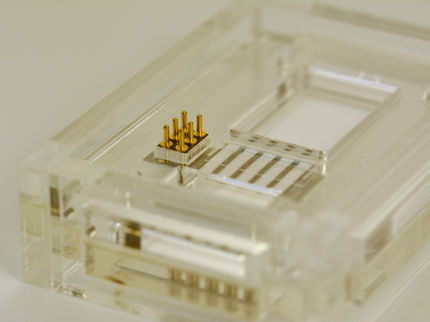Avontec announces the results of a successful proof of concept within a phase 2a study with its drug candidate AVT-02 UE
Advertisement
Avontec GmbH announced the results of a multicenter, randomized, double-blind, placebo-controlled, intra-individual-comparison phase 2a trial to evaluate the efficacy and safety of 2% AVT-02 UE ointment in the treatment of mild to moderate psoriasis vulgaris.
The phase IIa study enrolled 60 male outpatients with mild-to-moderate psoriasis vulgaris and compared 2% AVT-02 UE ointment with placebo as assessed by the Sum of Scores (SOS) of marker plaques during a four-week treatment.
For a subset of 28 subjects, immune histological biomarkers of skin biopsies were assessed at baseline and upon completion of treatment. The investigations were performed by Professor Jim Krueger, Rockefeller University, New York, in a double-blinded fashion. It included histology to determine epidermal thickness, immunohistochemistry and polymerase chain reaction (PCR) of disease-related and Signal Transducer and Activation of Transcription (STAT)-dependant biomarkers.
According to the company, the excellent safety and tolerability of AVT-02 UE ointment was demonstrated in psoriatic patients and confirms previous results obtained in healthy volunteers and psoriati patients. The potential of AVT-02 UE ointment to inhibit STAT pathways in the psoriatic skin compartment was revealed. Treatment with AVT-02 UE (verum) showed a statistically significant effect versus placebo treatment (ointment base) when the response for the combined effect on histology and a marker specific of keratinocyte proliferation was considered. Relevant biomarkers specific for skin inflammation and activated STAT pathways were substantially reduced nicely matching the roposed role of Th17 and Th1 cells in psoriasis pathogenesis.
It was concluded that STAT-1 and STAT-3 were specifically hit, the drug candidate was biologically active and worth to maximize its clinical effect in a 3 month trial. In fact, the clinical response was less pronounced than one could expect from the profound effect on the biomarkers, which is “possibly explained by the short treatment period”, said Prof. Jim Krueger.























































